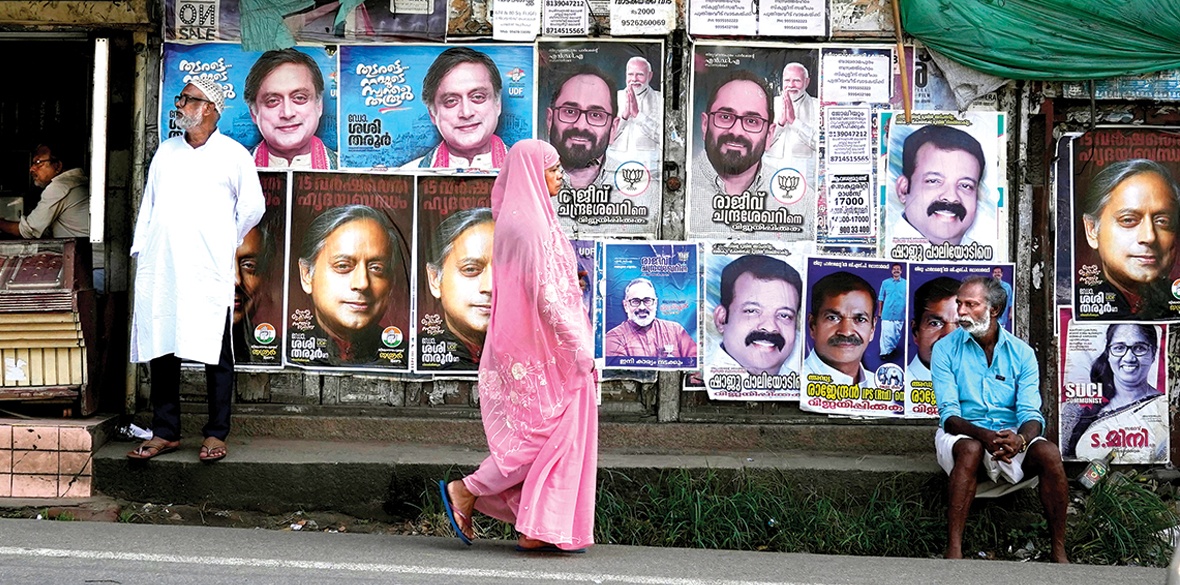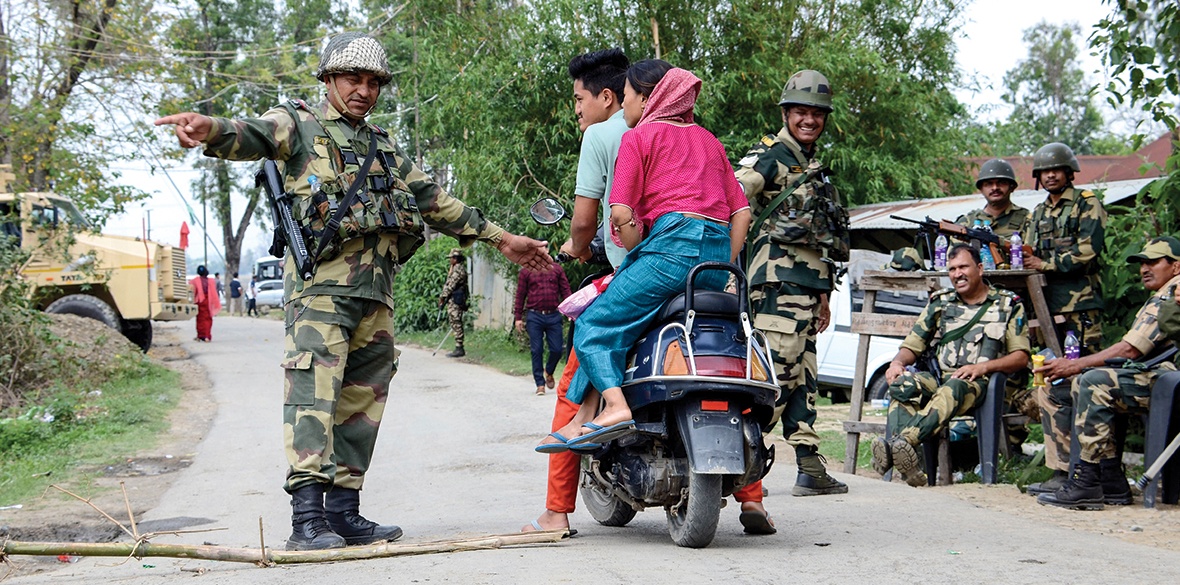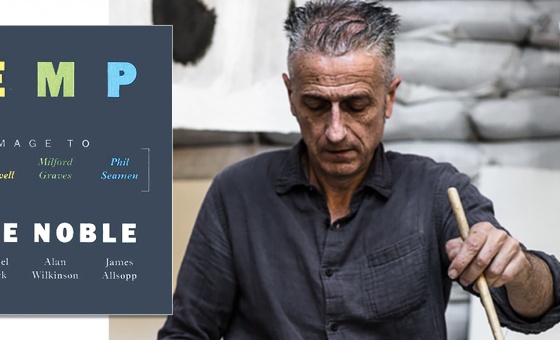This is the last article you can read this month
You can read more article this month
You can read more articles this month
Sorry your limit is up for this month
Reset on:
Please help support the Morning Star by subscribing here
INDIA has embarked on one of its most crucial elections in history. For many, the gravest concern of the 2024 Indian general election is not about the potential winner, but rather the meaningfulness of the election itself as a democratic process.
The 18th general election of independent India is fraught with great travesties of the country’s democratic structure. This include political parties receiving donations of several hundred million pounds from anonymous corporations and the ruling far-right Bharatiya Janata Party’s (BJP) government using domestic intelligence services to harass opponents, or even jailing ministers of different states.
The BJP holds a majority since the last general election in 2019, and is part of the National Democratic Alliance (NDA). India’s Prime Minister Narendra Modi will secure a third term if NDA wins this election.
The largest opposition party is Indian National Congress (INC), which has formed the Indian National Developmental Inclusive Alliance (INDIA) with two other national parties and 39 state parties to contest the 2024 election. Some state parties are contesting the election locally without associating themselves with either alliance.
While the majority of the mainstream media is keen to see Narendra Modi win another term, the BJP is far from relaxed in its efforts to block the opposition in every possible way.
The nearly complete capture of the state machinery by BJP is becoming more apparent with every day.
Throughout the BJP government’s term, the two domestic intelligence units, the Central Bureau of Investigation (CBI, the domestic crime investigation agency) and the Enforcement Directorate (ED, an economic intelligence and law enforcement agency operating under the Ministry of Finance), have systematically raided the homes and offices of opponsition party leaders.
These agencies are particularly proactive in those states where the BJP hasn’t got a majority in the local assembly. These raids have intensified in the months preceding the general election.
As a consequence the chief ministers of two Indian states including the national capital territory are in jail on non-bailable charges. An opposition party candidate from Mumbai received an Enforcement Directorate (ED) notice in a three-year-old case within one hour of the announcement of his candidacy.
Until now, not a single member of the BJP has been investigated for any kind of corruption.
Opposition candidates are being arrested and detained under the infamous Prevention of Money-Laundering Act (2002) which places the burden of proof on the accused, which further complicates the securing of bail.
Recently, the largest ever political scam in India has come into light after the Communist Party of India (Marxist) filed a petition in the Supreme Court of India against electoral bonds.
These were bonds through which corporate organisations and individuals could donate to political parties of their choice without declaring their identities.
These bonds were declared unconstitutional in mid-February and subsequently the state Bank of India, which facilitated the purchase and redemption of these bonds, was ordered by the Supreme Court to submit the details of the donors and donated amounts to the Election Commission for public disclosure.
The ruling BJP turned out to be by far the largest recipient of such donations. Moreover, it came to light that several controversial and hazardous projects got government approval after the associated companies made donations through these bonds.
Many companies also donated within a few days of being investigated by the central agencies. Clearly the electoral bonds served as conduit for cash from the corporations to political parties.
While the BJP itself has squeezed out about £600 million this way, it has also been actively blocking the opposition’s access to funding.
A huge income tax penalty has been imposed on the Indian National Congress (INC) and their party account has been frozen on one occasion, all of which greatly hampered their election campaign.
The Election Commision itself comes under public suspicion on several grounds, ranging from the use of Electronic Voting Machines (EVM) and Voter Verified Paper Audit Trails (VVPAT) to deployment of forces of public order.
Shortly before the election, the election commissioner resigned abruptly and two new commissioners were appointed in haste. Despite the opposition parties and several political analysts repeatedly expressing their concerns about transparency of the Electronic Voting Machines (EVM), the Election Commision has refused to investigate.
The Model Code of Conduct as mandated by the Election Commission also seems to be applied selectively to opposition parties while the BJP seemingly enjoys all the freedom.
The first phase of election has seen the BJP candidate in one of the constituencies run unopposed as the candidacies of the INC as well as that of an alternate candidate were cancelled at the last minute, and all the independent candidates dropped out.
Modi himself has also made provocative communal comments after the onset of the election.
The International Institute of Democracy and Electoral Assistance has ranked 173 countries based on the quality of their political institutions. India’s score on democratic representation has fallen from 71 per cent in 2014 to 60 per cent in 2022.
Last month, the Swedish organisation called Varieties of Democracy (V-Dem) released their annual report wherein India was labeled as an “electoral autocracy.”
The report has also placed India among the top 10 countries which are headed towards an autocracy. The Press Freedom Index of 2023 had ranked India at 161 out of 180 countries.
Wealth inequality in India has reached its highest level in history.
In a total span of 44 days, different parts of the country will head to the polling stations in seven phases. 970 million out of the country’s 1.4 billion people are eligible to vote in the current election.
However, the voter turnout in the first phase of the election held on April 19 has remained lower than expected.
The people’s verdict and what future awaits Indian democracy will only be known on June 4.








